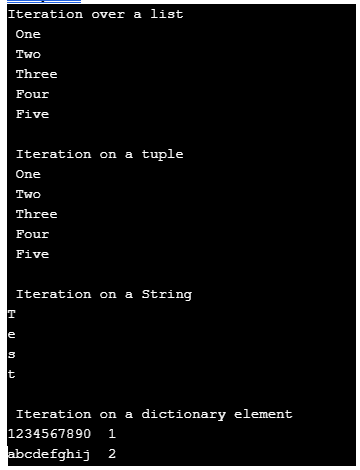Subgroups of cyclic groups are cyclic. Interestingly enough, this is the only infinite cyclic group. An infinite cyclic group has exactly two generators. The set of integers z, with the operation of addition, forms a group. Generator of an infinite cyclic group has infinite order.

Every infinite cyclic group is isomorphic to z.
Let g= hgi be a cyclic group, where g∈ g. Every cyclic group is isomorphic to either $\mathbb{z}$ or $\mathbb{z}/n\mathbb{z}$ if it is infinite or finite. Generator of an infinite cyclic group has infinite order. This element g is called a generator of the group. An infinite cyclic group has exactly two generators. 04/10/2020 · the cyclic group generated by an element $a\in g$ is by definition $g\ge\langle a\rangle:=\{a^n:n\in\bbb z\}$. If $g$ is an infinite cyclic group, then every element of $g$ can be written as $a^n$ for $n\in\mathbb{z}$ and $a$ some element of … 20/12/2014 · (1) i will show that the existence of a generator for an infinite cyclic group implies the existence of a second which is the inverse of the former. Every finite cyclic group of order n is isomorphic to the additive group of z/nz, the integers modulo n. Suppose g = a is an infinite cyclic group. The next result characterizes subgroups of cyclic groups. 12/08/2019 · what are the generators of an infinite cyclic group? The set of integers z, with the operation of addition, forms a group.
If it is finite of order $n$, any element of the group with order relatively prime to $n$ is a generator. It is an infinite cyclic group, because all integers can be written by repeatedly adding or subtracting the single number 1. Let g be an infinite cyclic group such that then that is there are exactly two generators of an infinite cyclic group. Suppose g = a is an infinite cyclic group. If it is infinite, it'll have generators $\pm1$.

In this group, 1 and −1 are the only generators.
If it is infinite, it'll have generators $\pm1$. Every cyclic group is isomorphic to either $\mathbb{z}$ or $\mathbb{z}/n\mathbb{z}$ if it is infinite or finite. Every infinite cyclic group is isomorphic to the additive group of z, the integers. 12/08/2019 · what are the generators of an infinite cyclic group? If b = a n ∈ g is a generator of g then as a ∈ g, a = b m = ( a n) m = a n m for some m ∈ z. ∴ we have a n m − 1 = e. The proof uses the division algorithm for integers in an important way. Let g be an infinite cyclic group such that then that is there are exactly two generators of an infinite cyclic group. Interestingly enough, this is the only infinite cyclic group. An infinite cyclic group has exactly two generators. The next result characterizes subgroups of cyclic groups. If h= {1}, then his cyclic with generator This element g is called a generator of the group.
The next result characterizes subgroups of cyclic groups. ∴ we have a n m − 1 = e. Generator of an infinite cyclic group has infinite order. In this group, 1 and −1 are the only generators. Every finite cyclic group of order n is isomorphic to the additive group of z/nz, the integers modulo n.
If h= {1}, then his cyclic with generator
If it is infinite, it'll have generators $\pm1$. The set of integers z, with the operation of addition, forms a group. Interestingly enough, this is the only infinite cyclic group. Let g= hgi be a cyclic group, where g∈ g. If b = a n ∈ g is a generator of g then as a ∈ g, a = b m = ( a n) m = a n m for some m ∈ z. If it is finite of order $n$, any element of the group with order relatively prime to $n$ is a generator. This element g is called a generator of the group. Let g be an infinite cyclic group such that then that is there are exactly two generators of an infinite cyclic group. Every cyclic group is isomorphic to either $\mathbb{z}$ or $\mathbb{z}/n\mathbb{z}$ if it is infinite or finite. 04/10/2020 · the cyclic group generated by an element $a\in g$ is by definition $g\ge\langle a\rangle:=\{a^n:n\in\bbb z\}$. ∴ we have a n m − 1 = e. In this group, 1 and −1 are the only generators. It is an infinite cyclic group, because all integers can be written by repeatedly adding or subtracting the single number 1.
Get Generator Of Infinite Cyclic Group Gif. The set of integers z, with the operation of addition, forms a group. Let g= hgi be a cyclic group, where g∈ g. Every infinite cyclic group is isomorphic to the additive group of z, the integers. The proof uses the division algorithm for integers in an important way. From this it follows easily that $\bbb z\ge\langle 1\rangle=\bbb z$.

